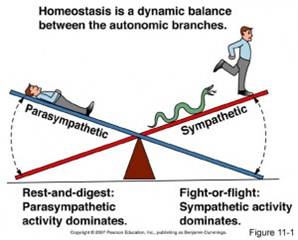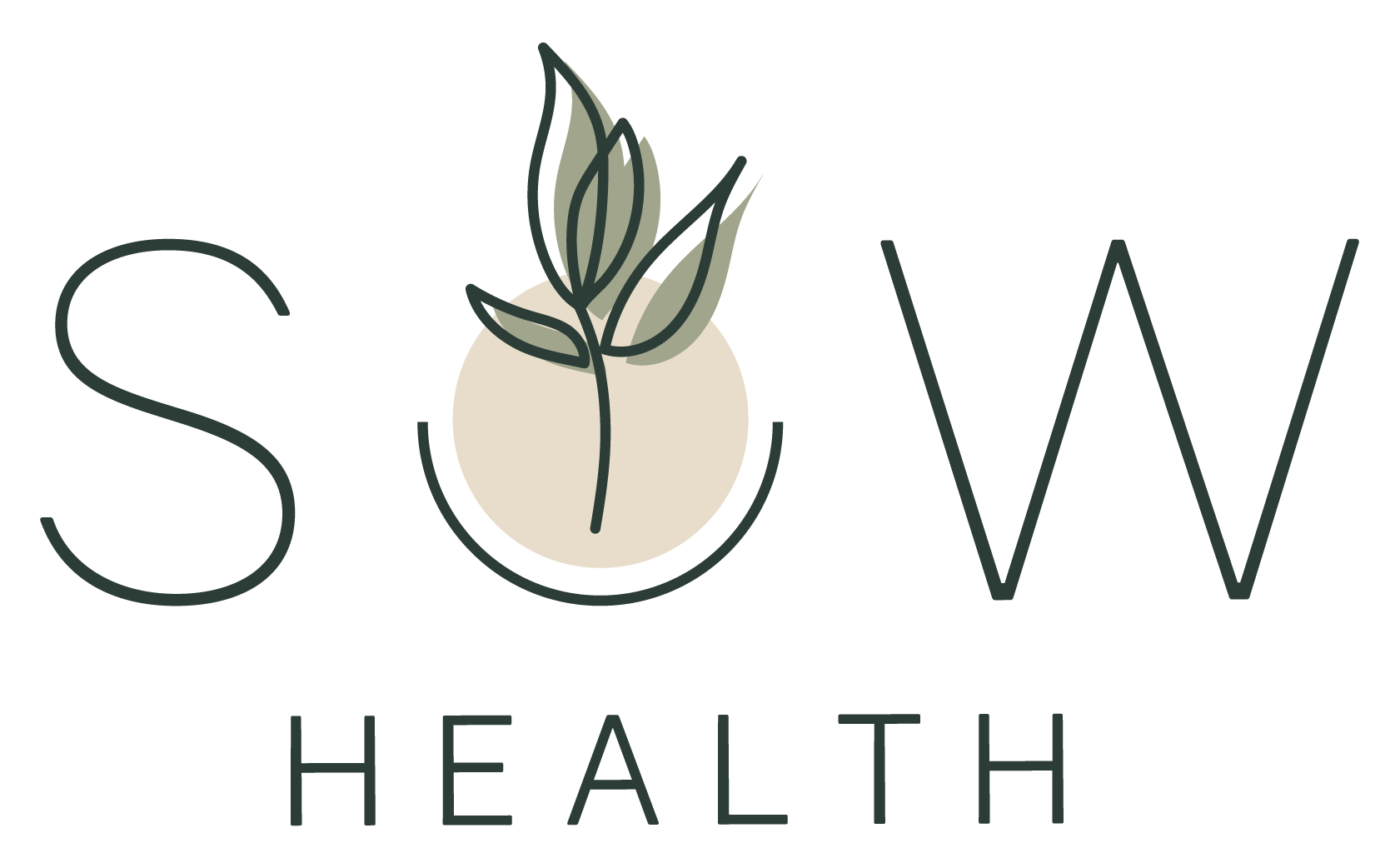Sarah Oulahen ND
If any of you follow me on facebook or twitter you may be well aware that I am very interested in meditation as a way to promote health & balance. I truly believe that we move so quickly in life that we forget to slow down and appreciate the present moment. Really, we need to stop and smell the roses a little more so that we are better able to appreciate the moments of greatness in our daily lives.
When we are constantly on the go, our sympathetic nervous system is fully engaged. This arm of our nervous system is responsible for our “fight or flight” response. When we’re running to catch the subway, at work, constantly checking our to-do list in our heads, and then rushing home to do all our chores, our body thinks it’s literally fighting a threat. Our breathing is shallow and quick, our heart rate and blood pressure increase. Blood is shunted to our muscles to allow us to run away from this threat. Our body is ready and anticipating an intense battle.
On the other hand, we also have a parasympathetic nervous system. The sympathetic and parasympathetic nervous systems oppose each other, so when one is “on” the other is “off”. This is why the parasympathetic system is foreign to many of us! We’re always in the sympathetic mode and so we can’t turn “on” our parasympathetic system.
Why is this concept important? It’s not only important, it’s vital to health. Your parasympathetic nervous system is responsible for resting and digesting. Yes, that’s right, we need this system to be engaged in order to sleep and in order to grab our nutrients from our foods. This is why so many of us have problems with insomnia, fatigue, heartburn, gas & constipation. It’s all tied to nervous system balance.
So, moving beyond the physiology lesson, what’s the best way to help nourish your parasympathetic nervous system to enable your organs to function properly? Honestly, I don’t know any better way than to take a few minutes to breathe and slow down – this is the definition of meditation. Simply put, meditation is the skillful, sustained, applied use of attention.
The health benefits to meditation are enormous, here are just a few:
- Meditation regulated mood: it stabilizes emotions & builds self confidence. It also effectively treats depression, anxiety & pain and also improves your relationships.
- Meditation decreases blood pressure, heart rate, and even blood sugar levels. It reduces your risk of heart disease and diabetes and it also helps with weight loss.
- Meditation increases concentration and energy
- Meditation increases immune function and helps you fight infections.

Sign up for Deepak Chopra’s 21 day challenge today (click on this picture)
One of the reasons why I decided to write this post today is because of an amazing opportunity that began yesterday: Deepak Chopra’s 21 day meditation challenge. For anyone considering or even open to the idea of taking 15 minutes a day to slow down, this is a fabulous introduction. It allows you to set a goal for meditation and each day you listen to a lovely introduction and are guided through meditation with music. It’s incredible and I urge you to sign up (it’s not too late – the meditations are available a few days after the 21 days to allow you to catch up!) If you read this blog after the challenge, purchasing these challenges would be well worth it.
Here are some ways to practice meditation on your own: 
- Choose a place where you won’t be disturbed and away from distractions
- Sit on a chair with your back straight or on the floor with your legs crossed
- Set a timer for your desired amount of time (even 5-10 minutes is great). There are many meditation phone apps with timers and music available for free
- Close your eyes, and simply take a few moments to observe the inflow and outflow of your breath. Breathe in and out slowly through your nose.
- When thoughts enter your mind, relax and continue. Return to your breath. You can use the following mantra: So Hum (I am in sanskrit). You can also choose to count your inhalations and exhalations.
Be patient. Meditation takes practice. The goal is not to “turn off” your mind but simply to take time to be aware of your thoughts. Also, it’s important to simply let your thoughts flow then chasing them around in your head. Congratulate yourself on breathing deeper and taking a few moments. This is part of a Naturopathic lifestyle and should be done consistently.
Yours in health,
Sarah Oulahen HBHSc, ND
Naturopathic Doctor @sowhealth


